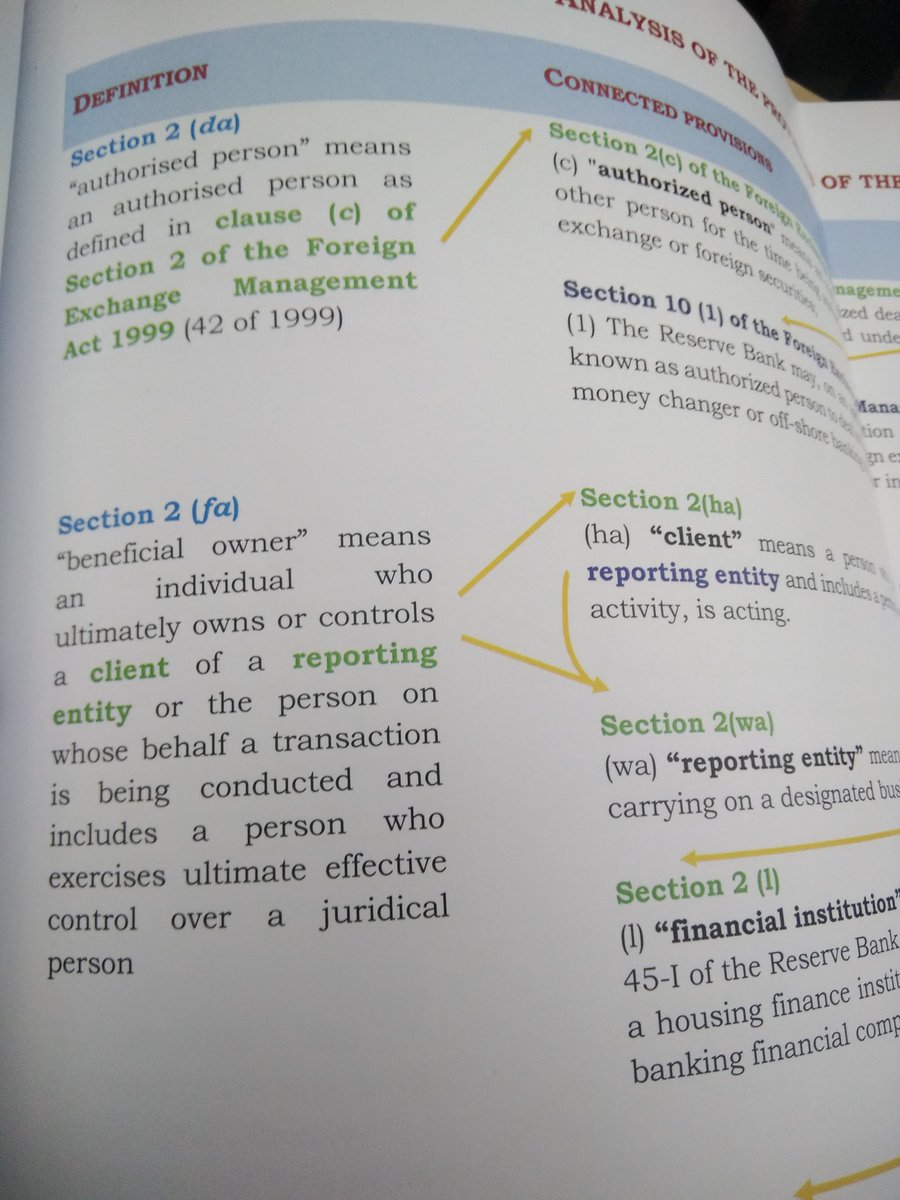- Jan: Day 1 (17/1/18)| Day 2 (18/01/18) | Day 3 (23/01/18) | Day 4 (24/1/18) | Day 5 (30/1/18)
- Feb: Day 6 (1/2/18) | Day 7 (6/2/18) | Day 8 (7/2/18) | Day 9 (8/2/18) | Day 10 (13/2/18) | Day 11 (20/2/18) | Day 12 (21/2/18) | Day 13 (22/2/18)
- Mar: Day 14 (6/3/18) | Day 15 (7/3/18) | Day 16 (13/3/18) | Day 17 (14/3/18) | Day 18 (15/3/18) | Day 19 (20/3/18) | Day 20 (21/3/18) | Day 21 (22/3/18) | Day 22 (27/3/18)
- Apr: Day 23 (3/4/18) | Day 24 (4/4/18) | Day 25 (5/4/18) | Day 26 (10/4/18)
This post is essentially a compilation of tweets from Gautam Bhatia, Prasanna and SFLC to understand how the Aadhaar hearing happened in the Supreme court.
Day 27: 11 April ’18
Additional Solicitor General Tushar Mehta arguing for the UIDAI.
- Bench assembles.
- Tushar Mehta continues his arguments.
- Wants to place reliance on Para 92 of the Binoy Viswam (Aadhaar PAN linking judgment) judgment as reported in 2017 7 SCC 59.
- Says the question of whether this law could have been passed by parliament in violation of interim orders of the SC is no longer open after Binoy Viswam when it clearly says 139AA is fully valid on that point.
- Only thing open after Binoy Viswam is the challenge to Aadhaar under Article 21.
- Continues reading Binoy Viswam that deals with how interim orders were passed when Aadhaar Act did not exist and did not preclude Parliament from enacting 139AA.
- It has already been proved that Aadhaar linking with PAN will help curb money laundering and black money, and prevent tax evasion. This question is not open to challenge anymore as it has already been decided by this court.
- He next reads the paras 103 and 104 of Binoy Viswam which found rational nexus of 139AA with the object sought to be achieved. Says that is the facet of proportionality.
- Balancing of interests is also a facet of test of proportionality.
- Emphasizes that biometrics will help curb the growth of shell companies. Says this is again a facet of reasonableness and proportionality.
- Is reading excerpts from Binoy Viswam judgement on reasonable classification.
- Want to point out the gain to the nation because of Aadhaar.
- Want to read Modern Dental Justice Sikri’s judgment quoted in Binoy Viswam. Says that balancing of interests is also a facet of proportionality, which was propounded in the judgement of modern dental college.
- Quotes Aharon Barak’s ( Israeli jurist) definition of proportionality – four tests of proportionality of a law.
- Public purpose.
- Measures have rational nexus to the purpose.
- Necessity of the measure.
- No lesser alternative measure available.
- Measure to be justifiable as reasonable and necessary in a democratic society.
- Reads paras 124 and 125 of the Binoy Viswam judgement which answers whether Aadhaar PAN linking is in public interest and satisfies the test of proportionality and reasonableness.
- Reads the part in the judgement that talks about inequality and corruption in India that prevents benefits from reaching the rightful beneficiaries. Says that India is far behind sustainable development when compared to China and other South Asian nations. Arguing for necessity of a measure like 139AA.
- Mentions that Aadhaar will help law enforcement curb terrorism.
- Reads parts in Binoy Viswam that extracts from “An Uncertain Glory: India and its Contradictions” written by Prof. Amartya Sen and Prof. Jean Dreze on widening inequality in India. (Recall that Prof.Dreze has filed affidavits in this case against Aadhaar!)
- Now reads parts in Binoy Viswam that quote the Shah Committee (SIT on Black Money) recommendations.
- Wants to answer the question whether the entire population can he treated as criminals for Aadhaar. Quotes an American judgment that said screening airline passengers is an administrative service. It’s not to treat everyone as a terrorist but to safeguard the larger public
- Justice Sikri says that the facts in the American case cannot be compared to the facts in the present case of Aadhaar.
- Tushar Mehta quotes more judgements on the American fourth amendment (search and seizure)
- Justice Chandrachud doesn’t seem convinced about the relevance of these cases in the present case of Aadhaar.
- Says offences against terrorism or public health are at a different footing than fiscal statute. Proportionality will be of different nature.
- Tushar Mehta says that he wants to show that whenever there is a statutorily allowed intrusion of privacy it does not mean there’s presumption of guilt.
- Says there’s no random scrutiny of people in the name of Aadhaar. The exercise of linking Aadhaar with bank, phone etc is only done to weed out fake or duplicates.
- Drops the figure that 33000 untaxed money has been found by PAN Aadhaar linking even on voluntary basis.
- Bench rises for lunch. Tushar Mehta will start his submission on PMLA rules post lunch.
- Post lunch Tushar Mehta continuing for the UIDAI.
- IT Dept uses third party information to identity cases of defaulters. Rule 114b requires quoting of PAN to file returns. A person can easily say that they don’t have PAN and then evade taxes.
- The immediate benefit from compulsory linking of PAN is that it helps the IT department in tracking tax evasion.
- Analysis from linking shows that many people do not quote PAN for large transactions. 1.6 crore such transactions have been identified in the last two years. PAN of the person was there in the database but not in the form that he filed.
- Rs 33K crores worth of transactions have been detected, and this is possible only through linking of PAN and Aadhaar.
- Says that this clearly meets the test of proportionality.
- Says that the Court should not second guess the legislature’s assessment of proportionality unless it’s shocking and needs no argument.
- Says that in a clash between privacy and other fundamental rights, the Court should look at the larger public interest.
- Is summing up the test of proportionality as laid out in the right to privacy judgment.
- Says that as per the right to privacy judgment, prevention of crime and safeguarding revenue are legitimate aims of the State.
- The test of proportionality is applied, examined and recorded in Binoy Viswam.
- Reading out some judgments of the Supreme Court on proportionality.
- His first judgment is PUCL v Union of India, which is on disclosure of assets by political candidates and their spouses.
- Says that in this case, it was held that the right to privacy of the spouses of political candidates was outweighed by the public interest.
- Reads out the part of the judgment that said disclosure served the right to information of the citizens, and that the right to privacy had to be subordinated to the right to information, because it served the larger public interest.
- Reads another judgment, Narayan Dutt v. Rohit shekhar, on DNA testing to prove paternity.
- Says that in this case, even an extremely invasive procedure was upheld by the Court, and the right to privacy was subordinated.
- Quotes Subramanian Swamy case on the point of reasonable restrictions.
- Now reads out the SC’s 2016 judgment upholding criminal defamation, which was authored by Chief Justice of India Dipak Misra.
- Says that in this case the SC has held that the nature of social control has to be borne in mind when considering reasonableness.
- Reads out the part of the judgment that talks about “qualified civil liberties.”
- Says that it is the duty of the Court to strike a balance to preserve values. (still quoting from the criminal defamation judgment)
- Says that the question is whether the legislature, while exercising its power of choice, has excessively infringed upon rights. In this case, that has in no way happened.
- Quotes Justice Sikri’s judgment in the Modern Dental case.
- Says that a law is proportionate if it has a legitimate purpose, has a rational connection with the goal, and is necessary. Says that all these conditions are fulfilled.
- Generation of revenue, curbing black money and prevention of evasion of taxes is necessary and measures that need to be taken by the state for the same are proportional, he says.
- It is necessary as has been shown from the facts. And there is a clear rational connection.
- The right to move your fist stops when my nose begins!
- The legislature decides this question. If the legislature stops me from moving my fist, that is disproportionate. But it is the legislature’s prerogative to decide whether it is 1 inch or 1 foot from your nose.
- Reads out an American judgment about urine testing for drugs.
- The fourth amendment does not safeguard all expectations of privacy, but only ones that are reasonable, he quotes from the judgement.
- reading out excerpts from this case.
- Comes to the European Convention of Human Rights.
- Says that the European Court of Human Rights in James v United Kingdom, it was held that compulsory transfer of property could in some circumstances be upheld as promoting the public interest.
- Says that ECHR has held that compulsory transfer of property in the public interest can be permissible if it is in the public interest.
- Justice Sikri says that judgments dealing with property stand on a different footing. Is not relevant in this case.
- Tushar Menta says that in that case, he will skip this and move on.
- Justice Sikri says that nobody is disputing that.
- Tushar Mehta says that some of the petitioners have tried to argue that the relevant standard is that of compelling state interest, but that is not required. Only a legitimate interest is enough.
- Judges repeat that nobody is disputing this point.
- Tushar Mehta says legitimate state interest is enough. No need to prove compelling state interest. Says the word ‘necessary’ is not synonymous with ‘indispensable’. It only has to be proved that it’s necessary for larger public interest.
- Says if there’s an overwhelming public interest then there’s no need to apply the “least intrusive” test. Says that the test is not that the prohibition is least restrictive.
- He says that the courts in the UK have accepted that the State doesn’t have to show that it’s infringement on rights is least restrictive.
- Is reading out a judgment from the UK. He says that what is required is a balancing exercise to further public interest. It need not be least intrusive.
- Says that a measure can be proportionate even if it is not the least intrusive infringement of rights.
- Cites the UK judgment of Smith, which repeats that something can be proportionate without being the least intrusive infringement on rights. This was a case about compulsory acquisition of property.
- Says that as long as the government has an acceptable view with regard to stopping tax evasion and protecting revenue, it doesn’t matter if the method adopted is not the least intrusive.
- Says that his last argument is on linking of bank accounts to Aadhaar under the Prevention of Money Laundering Act.
- Says that global money laundering as per UN is to the tune of 1 trillion dollars.
- Says that money-laundering is a global menace, and India has reacted like other countries have reacted.
- Reads out the Basel Committee Report, and says that the point is to ensure that the bank account is actually opened by the person in whose name is is.
- Justice Sikri says that there is no dispute that money laundering is a problem. He asks Tushar Mehta to explain why Aadhaar is required for bank accounts and phones. How Aadhaar will prevent money laundering?
- Tushar Mehta says that there many loopholes that can be plugged.
- Now reading out the scheme of the PMLA rules. Says it’s not a toothless law anymore. The formation of rules flows from section 12(c) of the Act.
- Cites section 73(j) . Says banks are mandated to verify identity of customers.
- Says that the purpose of the rules is to effectuate this.
- Showing a chart to the bench. He says that there are layers of shell companies, and it becomes impossible to find out who the real beneficiary is. Chart below…

- Justice Sikri asks Tushar Mehta why he’s showing this.
- Tushar Mehta says that it is to show the larger public interest.
- Now quoting FEMA
- Bench rises. Tushar Mehta will finish by lunch tomorrow. Then Rakesh Dwivedi will close the case for the State.

